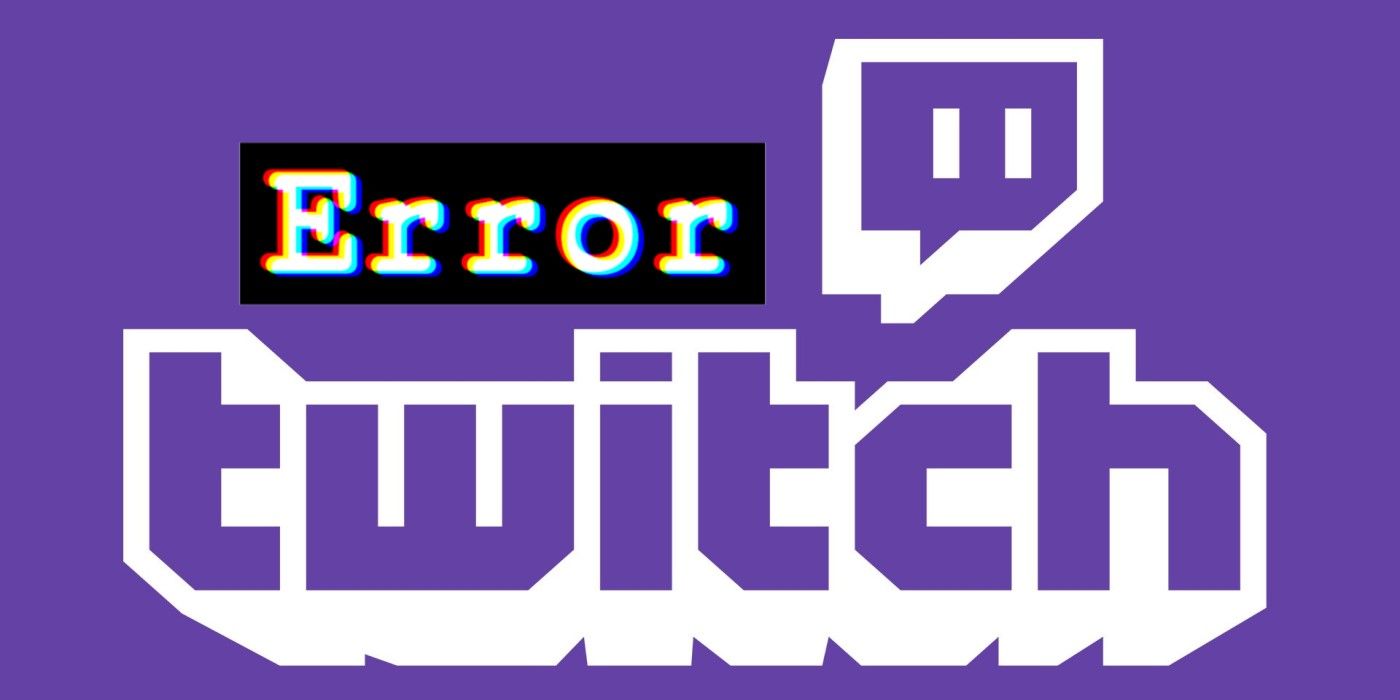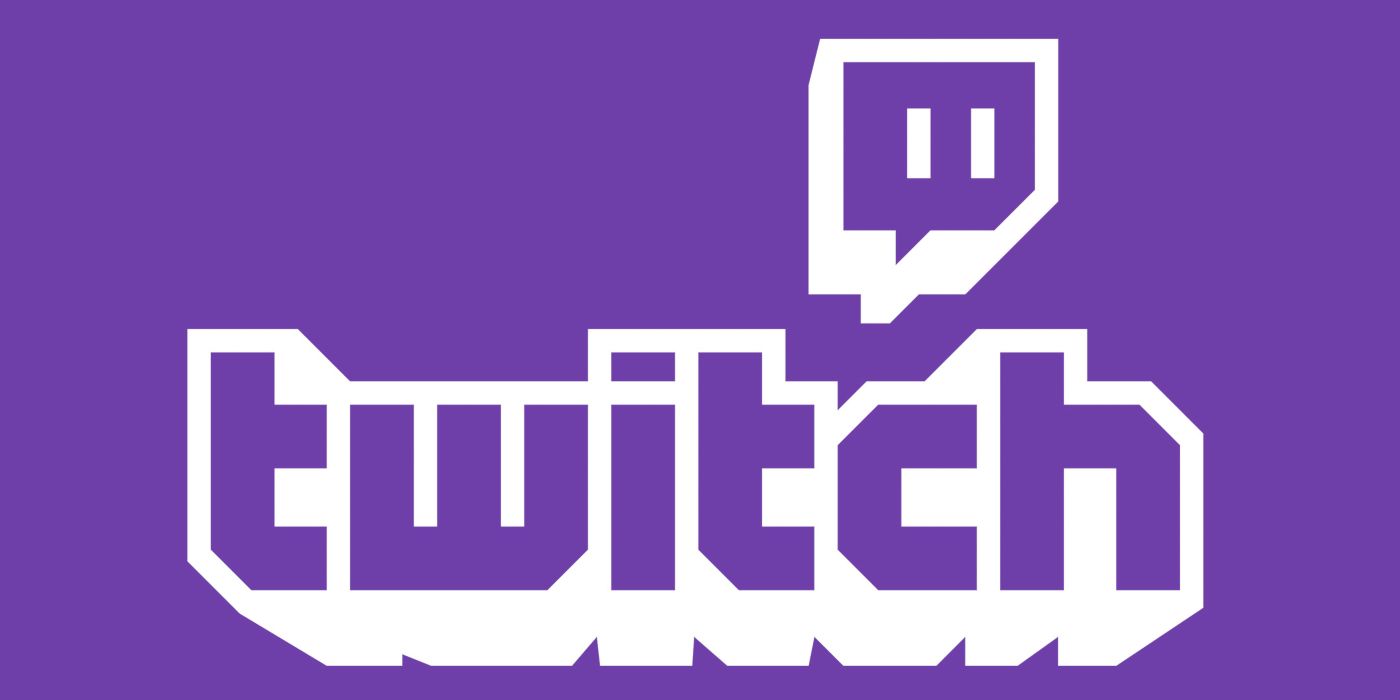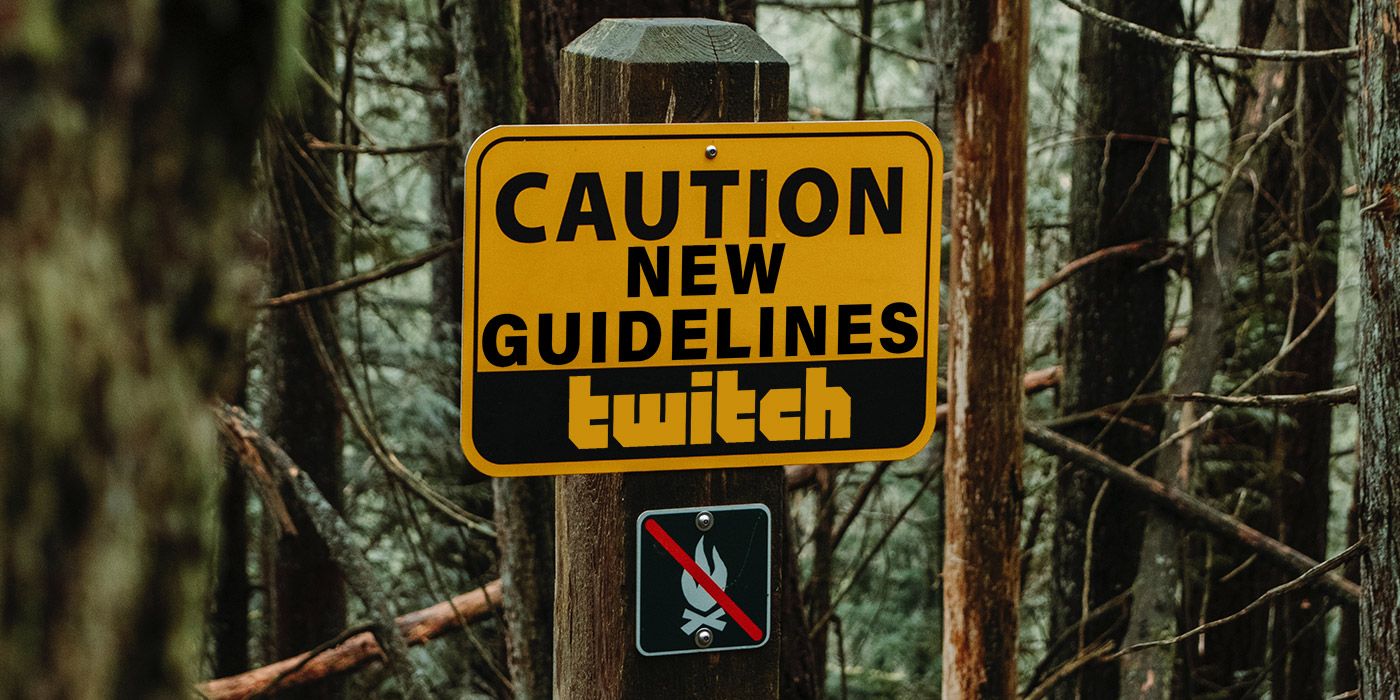While the streaming platform Twitch can be a great place for streamers and their community to interact, it’s not always been the most well-moderated place. Much like other social platforms, Twitch’s guidelines have been consistently tweaked to accommodate its users and attempt to fix problems as they arise. Sometimes, however, Twitch misses the mark and leaves both streamers and community members feeling more frustrated than heard.
2020 has been riddled with controversies, especially when it comes to Twitch. From DMCA takedowns and various player bans, this year has been full of vexation within the Twitch community. Twitch’s most recent town hall, broadcast on December 16, 2020, was an opportunity for the platform’s users to ask questions pertaining to different areas of Twitch guidelines that needed clarification. While this can often be a great moment for users to get their questions answered, this town hall seemed to start another fire rather than put it out.
Twitch’s Term Ban
Near the two-hour mark of the two-and-a-half hour long stream, head of the Twitch Community & Creator Marketing, Erin Wayne, asked Twitch COO Sara Clemens about use of the word “simp” on the platform. For those unaware, “simp” is an insult for men who are seen as too attentive and submissive to women, typically with the hope for some type of sexual attention in return.
Twitch has been proactively deleting emotes that use the word “simp,” so it’s not surprising that the platform is banning the term “simp.” It’s also banning use of the word “incel” and “virgin.” The latter is a fairly well-known word, but an “incel” refers to a community who participate in involuntary celibacy—in-cel. "Incels" are primarily men, and claim that they are involuntarily celibate because they cannot find someone to be intimate with them.
The Controversy
Twitch’s new guidelines set out to prevent “...unwelcome sexual advances and solicitations, sexual objectification, or degrading attacks relating to a person’s perceived sexual practices…” which isn’t inherently bad. The issue lies with the example words, like “simp,” “incel,” and “virgin” which all seemingly cater to male Twitch community members who don’t face as much discrimination as other streamers who are members of minority groups.
It’s fantastic that Twitch is taking harassment more seriously and aiming to stop the use of words that can be offensive, but starting with these words specifically has left a foul taste in the mouths of many. These words do not have a loaded history of being used against a group of people who have historically been oppressed and had their rights limited by the powers that be.
This isn’t to say words like “simp,” “incel,” and “virgin” aren’t offensive—given the appropriate (or, rather, inappropriate) context, they can absolutely be used as an insult. However, many members of the Twitch community feel it is unfair and non-inclusive that members of minority groups, like PoC streamers or LGBTQ+ streamers, have to use mods and filters to prohibit the use of slurs in their channel that are undeniably more loaded than the terms “simp,” “incel,” or “virgin.”
Banning these words specifically also seemingly ignores the issues female streamers have to deal with. While “simp,” “virgin,” and “incel” can be considered sexually focused insults, female Twitch streamers also get harassed and called much worse things without any intervention from Twitch based on the harassment policies. This disconnect has struck many Twitch community members as hypocritical and disregarding the harassment many female streamers face, sometimes daily.
It seems Twitch is trying to better combat harassment found throughout its platform, but this misstep isn’t one that will soon be forgotten. Hopefully, the company directs its attention to being more inclusive and stopping harassment from all angles, not just surrounding those three words.






